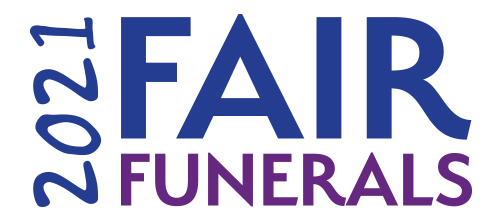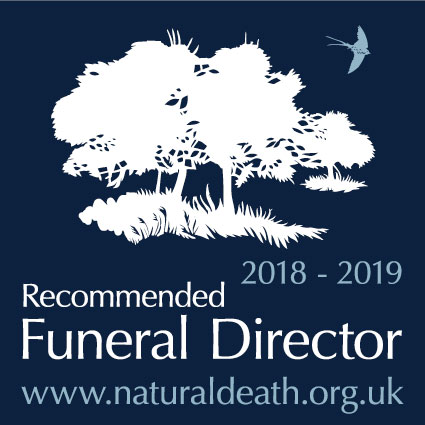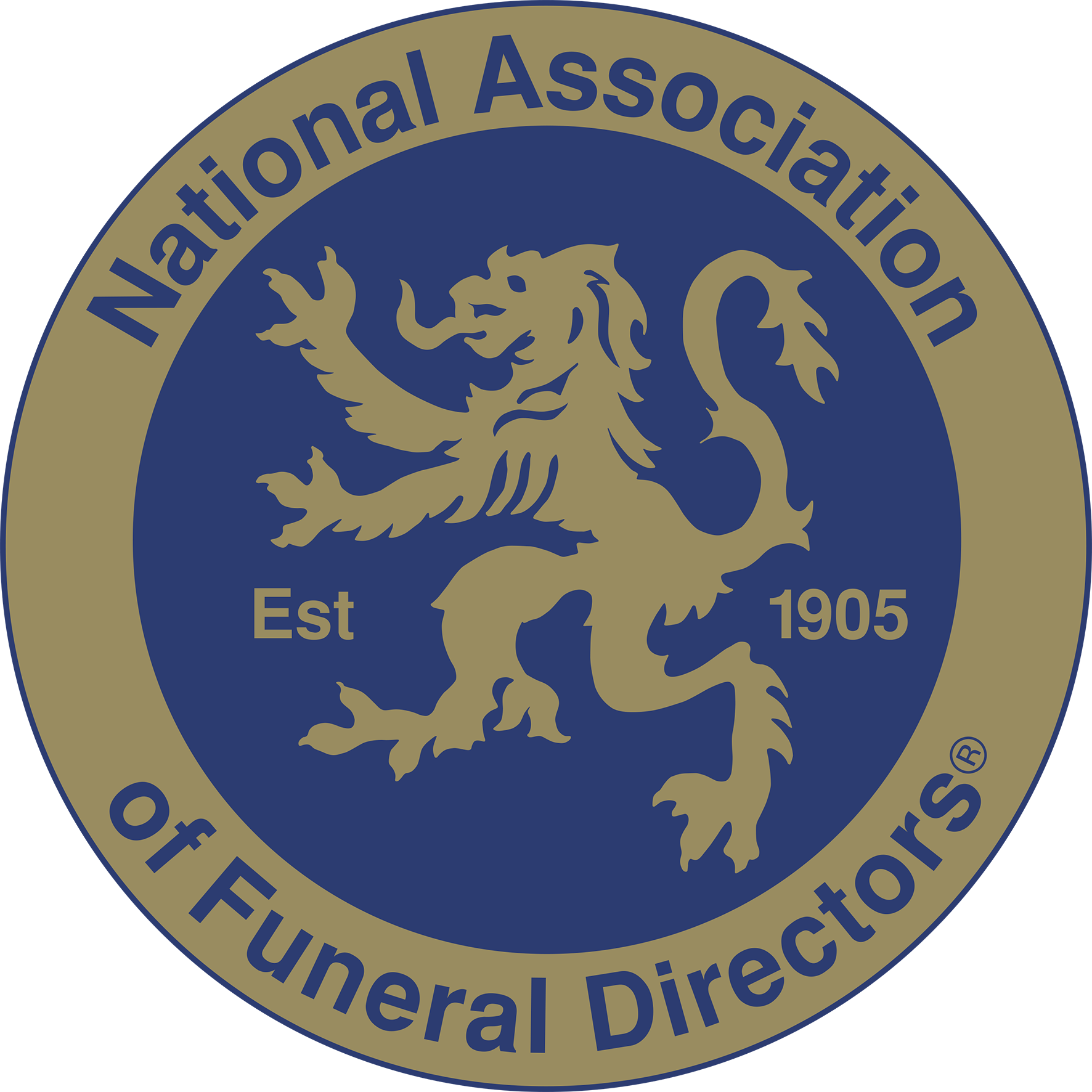Aside from the emotional toll that comes with loved ones passing, there are many legal and governmental requirements to fulfil. These may seem to make an overwhelming time completely impossible, so we’ve created the following guidelines to help simplify the process during this difficult time.
If the death was expected and the cause clear, the process is more straightforward. However, if it was an unexpected death or the cause is unclear, a coroner will need to be involved, and they will handle the necessary paperwork. In this instance, the paperwork and funeral arrangements will take more time.
Checklist
- Get a medical certificate that confirms the cause of death. If your loved one died at home, you call their GP to organise the certificate. If they pass at a hospital or care home, the staff will take care of the certificate for you. If your loved one was an Organ Donor, the doctors will handle arrangements.
- Contact the next of kin (if that’s not you), family members, close friends, employer, landlord, and anyone else who needs to know.
- Keep a notebook on hand to record important details so you can recall details clearly when the shock settles later.
- Make sure the property or home of the deceased is locked up and secure, cancel deliveries you know of that are regular, and arrange for pets or companion animals to be fed and looked after in the interim time.
- Once you have the medical certificate from the GP or hospital, you need to register the death at your local office – you can search for it by using your postcode here. For an in-depth how-to-guide, have a look at this Which article.
- Ensure that you receive four or five copies of the death certificate, as you will be asked for these as you go.
- Choose your funeral director and start to make arrangements. If your loved one left instruction or pre-planned their send-off, be sure to enact their wishes.
- Check for a will and the person responsible for any financial dealings. If there’s no will, intestacy rules will determine estate management.
- Cancel accounts and contracts or transfer as required. These may include bank, telephone, and power providers.
- Find out if you will need probate proceedings – this is the official financial, property and asset handling after death.
- Don’t be afraid to talk to loved ones or a bereavement counsellor about your grief. Let your employer know if you will need time off work.
Contact County Funerals
Funeral arrangements and everything required after death may feel complicated, so we are here to help in any way we can. We can even help with certain aspects of the posthumous paperwork on request. With County Funerals, you can have peace of mind that we handle your arrangements with respect. We believe in transparency, so offer an online funeral price list or simply call us to discuss how we can help. Don’t hesitate to call our experienced funeral directors here.




















